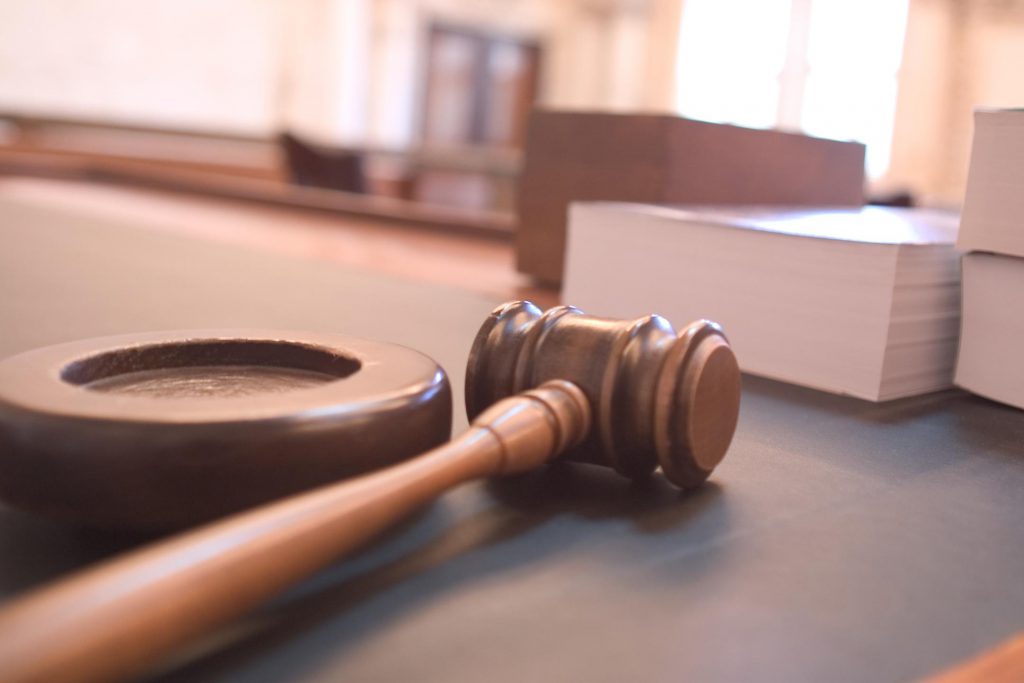On 10 December 2020, Prosecutor of the International Criminal Court, The Honorable Mrs. Fatou Bensouda, issued a statement in which she explains that she has called for a complete investigation into the situation of crimes against humanity in Nigeria. Mrs. Bensouda, whose nine-year term as prosecutor will soon come to an end on 15 June 2021, stated that she is committed to make decisions on all remaining files under preliminary examination prior to her term’s expiration. Below are some of the findings she reflected in her statement:
“Specifically, my Office has concluded that there is a reasonable basis to believe that members of Boko Haram and its splinter groups have committed the following acts constituting crimes against humanity and war crimes: murder; rape, sexual slavery, including forced pregnancy and forced marriage; enslavement; torture; cruel treatment; outrages upon personal dignity; taking of hostages; intentionally directing attacks against the civilian population or against individual civilians not taking direct part in hostilities; intentionally directing attacks at personnel, installations, material, units or vehicles involved in a humanitarian assistance; intentionally directing attacks against buildings dedicated to education and to places of worship and smaller institutions; conscripting and enlisting children under the age of fifteen years into armed groups and using them to participate actively in hostilities; persecution on gender and religious grounds; and other inhumane acts.”
Mrs. Bensouda goes on to recognize that, while the majority of these egregious human rights violations have occurred at the hands of non-state actors, the Nigerian Security Forces (NSF) have not only failed to combat these atrocities, but they have also engaged in similar acts themselves, with the addition of enforced disappearance and unlawful imprisonment.
Mrs. Bensouda also states that her decision on Nigeria may be a bit unpunctual considering that the ICC office had been receiving multiple reports and data on Nigeria since 2013, but she states that she was focused on providing assistance to Nigerian authorities in hopes that they would be able to fully investigate and prosecute perpetrators domestically and upon their own agency:
“It has always been my conviction that the goals of the Rome Statute are best served by States executing their own primary responsibility to ensure accountability at the national level. I have repeatedly stressed my aspiration for the ability of the Nigerian judicial system to address these alleged crimes. We have engaged in multiple missions to Nigeria to support national efforts, shared our own assessments, and invited the authorities to act. We have seen some efforts made by the prosecuting authorities in Nigeria to hold members of Boko Haram to account in recent years, primarily against low-level captured fighters for membership in a terrorist organization. The military authorities have also informed me that they have examined, and dismissed, allegations against their own troops. I have given ample time for these proceedings to progress, bearing in mind the overarching requirements of partnership and vigilance that must guide our approach to complementarity. However, our assessment is that none of these proceedings relate, even indirectly, to the forms of conduct or categories of persons that would likely form the focus of my investigations. And while this does not foreclose the possibility for the authorities to conduct relevant and genuine proceedings, it does mean that, as things stand, the requirements under the Statute are met for my Office to proceed.”
The coming steps, according to Mrs. Bensouda, include acquiring authorization to open the investigation from all of the Judges of the Pre-Trial Chamber of the Court. She does warn, however, that there may be some significant delays due to both limited resources and the challenges posed by the COVID-19 pandemic. However, she ensures that, during her remaining time as Prosecutor, she will work to “ensure the integrity of future investigations in relation to the situation in Nigeria” and cooperate with the next Prosecutor, whomever that may be.
Mrs. Bensouda’s and the Office’s decision has been met with gratitude by the international human rights advocacy community, including Amnesty International, who wasted no time in calling upon the ICC to “immediately open a full investigation into atrocities committed during the conflict in Northeast Nigeria” and thanking Mrs. Bensouda for taking the “first meaningful step towards justice that we have seen for victims of atrocious crimes committed by all parties to the conflict in Northeast Nigeria.” Director of Research and Advocacy at Amnesty International, Netsanet Belay, stated the following:
“This is an important milestone, but it must be followed with immediate action to open a full investigation. For the victims of war crimes and potential crimes against humanity to see justice, it’s crucial that the Prosecutor swiftly begin an effective and well-resourced investigation.”
Jubilee Campaign expresses its gratitude to Mrs. Bensouda and the Office of the Prosecutor of the International Criminal Court for its groundbreaking decision and echoes the calls of Amnesty International for a prompt and comprehensive investigation into the situation in Nigeria. Moreover, in November, just one month prior to the ICC’s recent decision, we submitted our report Nigeria: This Genocide is Loading – Finding a Reasonable Basis to Believe Crimes Against Humanity Occurred to the International Criminal Court.
Image by Joe Gratz on Flickr.

